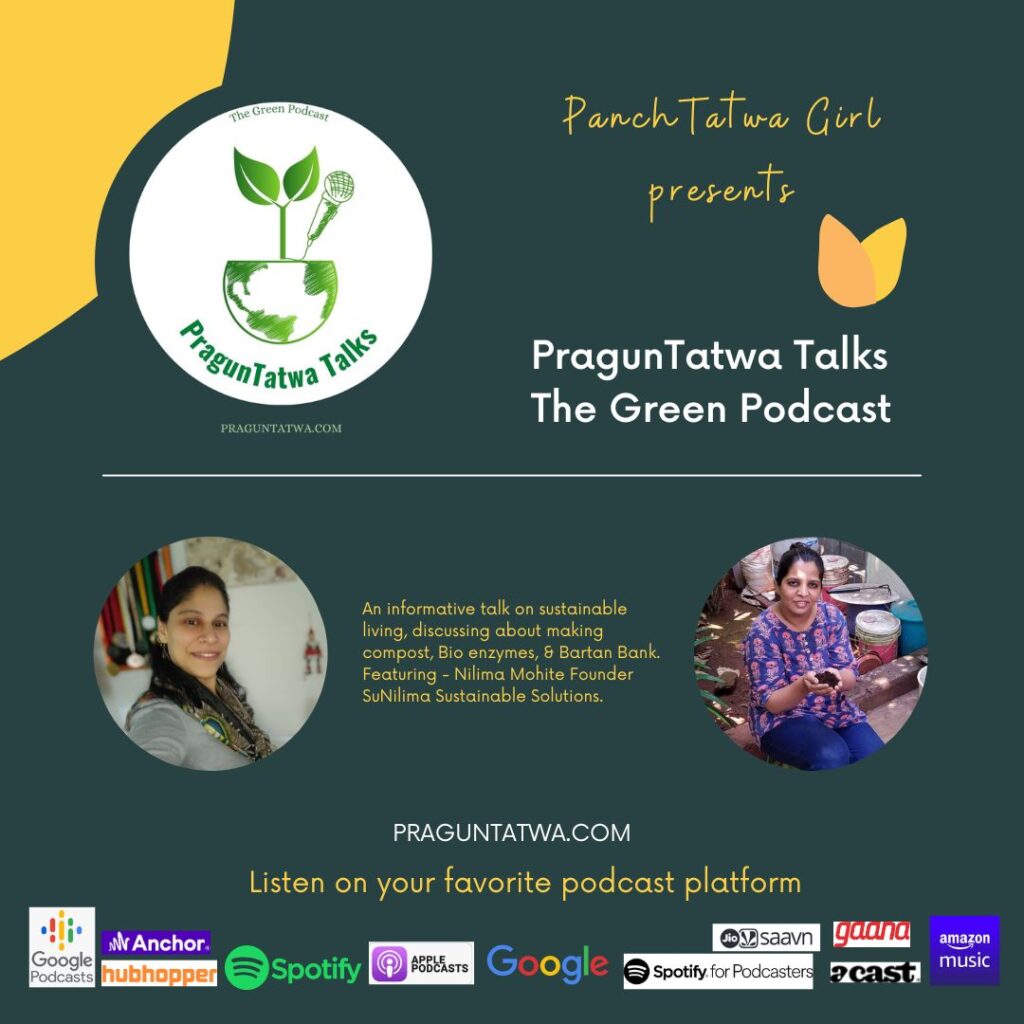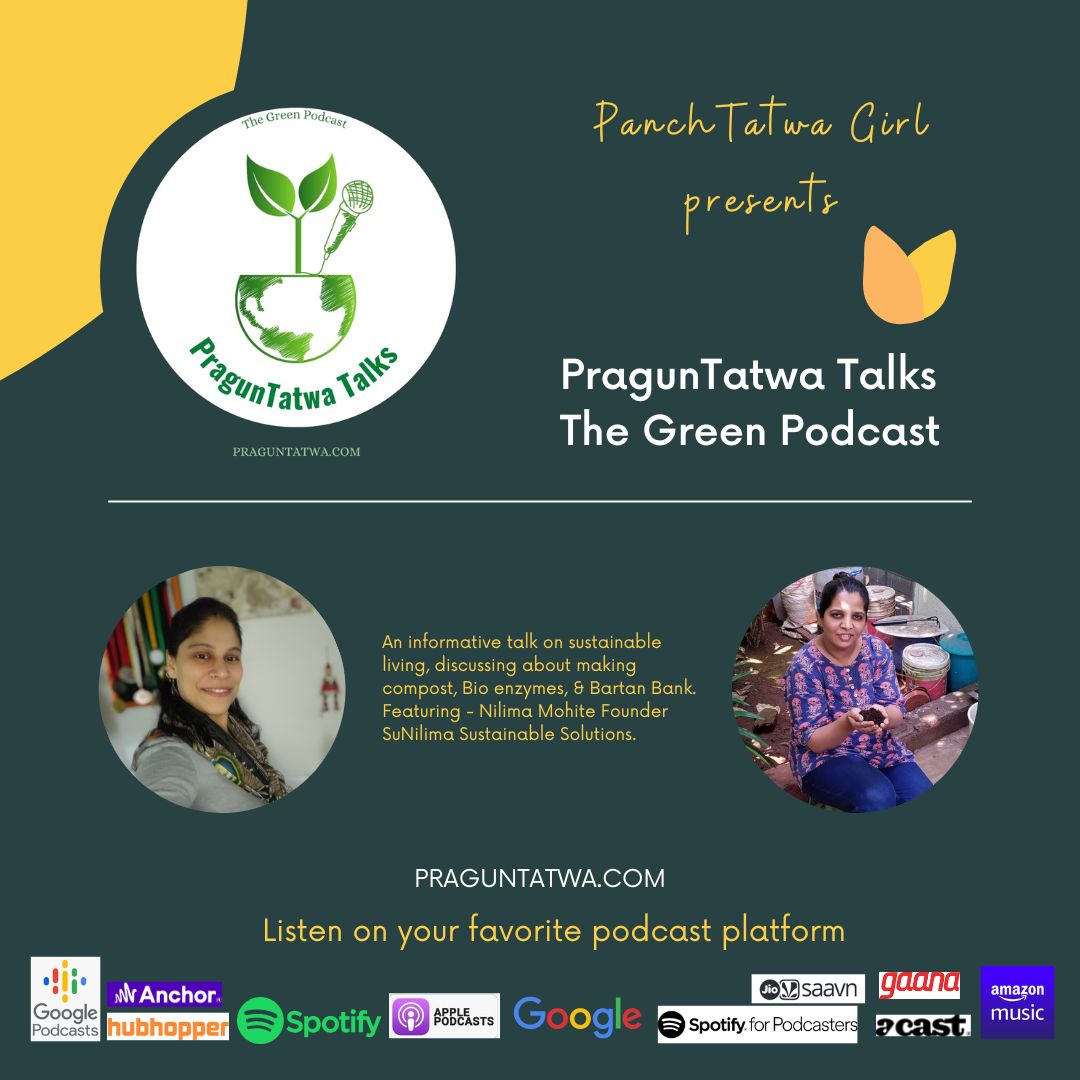“Do not wait for extraordinary circumstances to do good action; try to use ordinary situations.” –
Jean-Paul Richter
Sustainable solutions are strategies and practices aimed at meeting current needs without compromising the ability of future generations to meet their own needs. These solutions often balance environmental health, economic viability, and social equity. Here are some key areas where sustainable solutions are commonly applied:
- Renewable Energy: Using energy sources such as solar, wind, hydro, and geothermal, which are replenished naturally and have a lower environmental impact than fossil fuels.
- Energy Efficiency: Implementing technologies and practices that reduce energy consumption in buildings, transportation, and industries.
- Sustainable Agriculture: Adopting farming practices that protect the environment, public health, and animal welfare, such as organic farming, permaculture, and agroforestry.
- Waste Management: Reducing waste through recycling, composting, and innovative waste-to-energy technologies.
- Water Conservation: Using water-saving techniques and technologies to reduce water waste and protect water resources.
- Green Building: Designing and constructing buildings using sustainable materials and practices to reduce energy use and environmental impact.
- Sustainable Transportation: Promoting the use of public transit, cycling, walking, and electric or hybrid vehicles to reduce carbon emissions.
- Circular Economy: Creating a system where products and materials are reused, remanufactured, or recycled to minimize waste and resource use.
- Biodiversity Conservation: Protecting natural habitats, endangered species, and ecosystems to maintain biodiversity.
- Social Sustainability: Ensuring that social systems, communities, and cultures are able to maintain themselves and thrive over time. This includes fair labor practices, access to education, and promoting equity.
Implementing these sustainable solutions requires collaboration among governments, businesses, communities, and individuals. It also involves policy-making, education, and technological innovation to drive progress toward a more sustainable future.
Green Tatwa Talks
In this episode of Green Tatwa Talks, I am conversing with Nilima Mohita. Founder @sunilimasustainablesolutions provides Sustainable Solutions for #composting | #bioenzyme | #TheBartanBank. Follow her Instagram channel to learn more about her eco-friendly journey.
Tune in and Join #TheTatwaGirl and listen to the journey of Nilima Mohite on your favorite platform.
Listen to the episode on –
YouTube
Spotify
Apple Podcast
Google Podcast
Hubhopper
Spotify For Podcasters
YouTube Music
JioSaavn
Radio Public
Gaana
Acast
Pocket Cast
Radio Public

“Sustainable development is the development that meets the needs of the present without compromising the ability of future generations to meet their own needs.” – Gro Harlem Brundtland
Sustainability With Prachi
What’s more, Along with Eco-friendly discussions, I even share Positive stories of people bringing beautiful change to this world.
Being Eco-Friendly is not a choice, make it a habit.
Without a doubt, sustainability is easier than you think. You don’t have to jump in by changing everything, start small to make the changes more eco-friendly, sustainable and a part of your daily life.

Leave a Reply